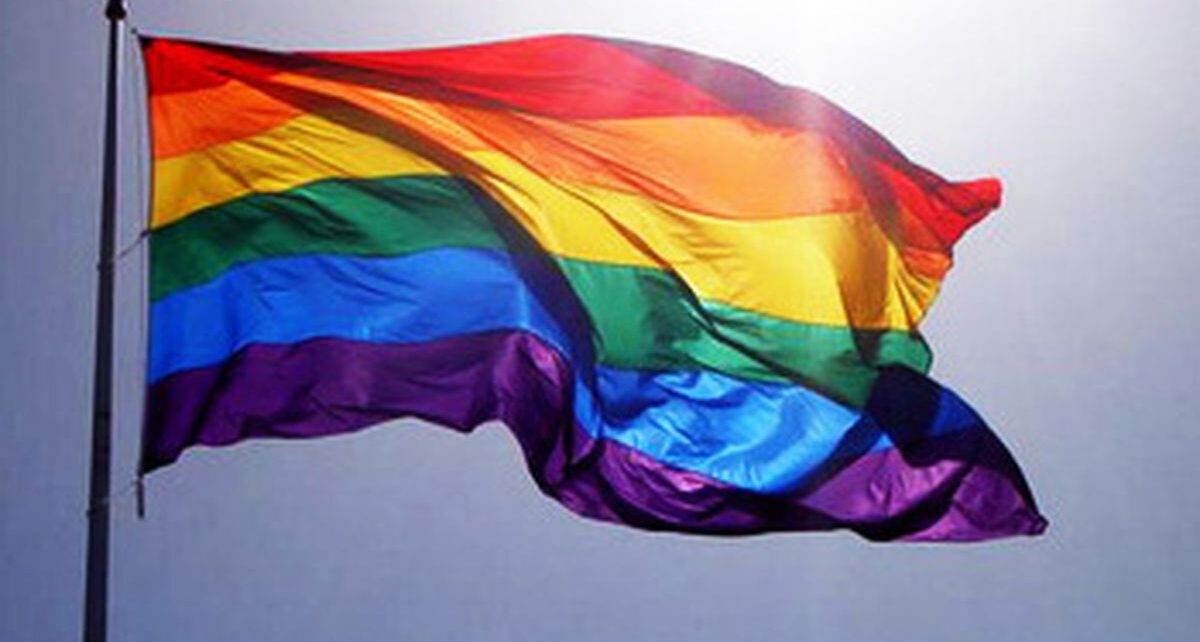Mohammad Foiz Hossain, United Kingdom
In Bangladesh, the lesbian, gay, bisexual, and transgender (LGBT) community faces significant threats from Islamist militants, leading to a climate of fear and suppression. This hostility has manifested in violent attacks, social ostracization, and legal challenges, severely impacting the lives of LGBT individuals in the country.
A particularly tragic incident occurred in April 2016, when Xulhaz Mannan, the founder of Bangladesh’s first and only LGBT-themed magazine, Roopbaan, was brutally murdered alongside fellow activist Mahbub Rabbi Tonoy in Dhaka. The assailants, armed with machetes, targeted Mannan for his outspoken advocacy for LGBT rights. This attack was part of a broader pattern of violence against progressive voices in Bangladesh, with extremist groups such as Ansar al-Islam, linked to al-Qaeda, claiming responsibility. East Asia Forum+5Wikipedia+5CMI – Chr. Michelsen Institute+5Wikipedia, la enciclopedia libre
Following these murders, many LGBT individuals and activists were forced into hiding or sought refuge abroad due to escalating threats from Islamist militants. The fear of persecution has led to the disbandment of support networks and a significant reduction in advocacy efforts within the country. The social stigma and legal prohibitions against same-sex relationships further exacerbate the vulnerability of the LGBT community.
The legal framework in Bangladesh criminalizes consensual same-sex relations under Section 377 of the Penal Code, which prescribes severe penalties. This legal stance not only legitimizes discrimination but also hampers the ability of LGBT individuals to seek protection or justice. Reports indicate that law enforcement agencies have, at times, used these laws to harass and detain individuals suspected of being part of the LGBT community. Wikipedia
The resurgence of Islamist militancy poses an ongoing threat to the safety and rights of LGBT individuals in Bangladesh. The release of extremist clerics and the perceived leniency of transitional governments towards militant groups have raised concerns among human rights activists about a potential increase in targeted violence against marginalized communities, including LGBT persons. Erasing 76 Crimes
In response to these challenges, international human rights organizations have called for thorough investigations into the murders of LGBT activists and urged the Bangladeshi government to ensure the protection of all citizens, regardless of sexual orientation or gender identity. However, the entrenched social stigma and the pervasive influence of extremist ideologies continue to hinder progress towards equality and safety for the LGBT community in Bangladesh.
The plight of LGBT individuals in Bangladesh underscores the urgent need for legal reforms, societal acceptance, and robust measures to counteract extremist threats. Only through concerted efforts can the fundamental rights and dignities of all individuals be safeguarded in the face of rising militancy.
For a visual overview of the challenges faced by the LGBT community in Bangladesh, you may find the following video informative:
